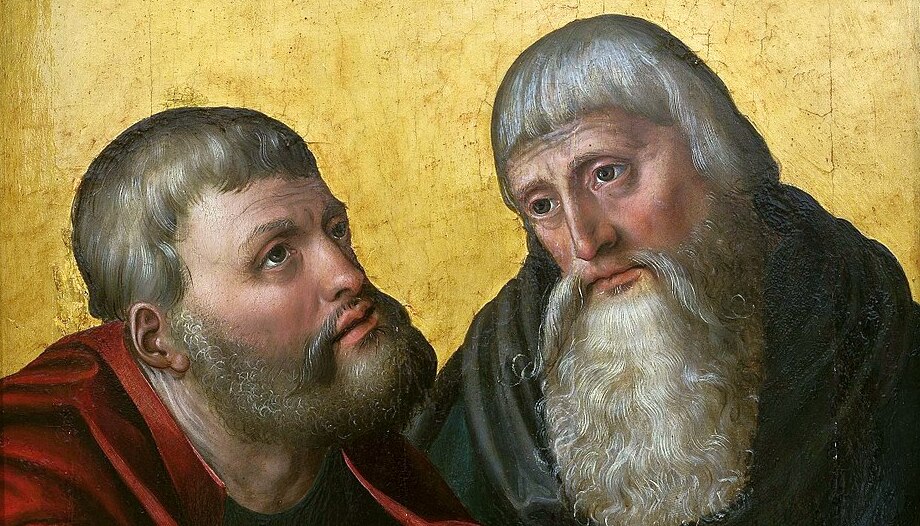St. Anthony was orphaned at the age of 20, and his life was linked from the beginning to solitude and fasting. He gave his goods to the poor and withdrew to the desert, where he fought the temptations of the devil and dedicated himself to prayer, with austerity of life. With him, groups of monks consecrated to the service of God. Because of their ability to bring the souls of sinners out of hell, bonfires are often lit in their honor. "The demon fears fasting, prayer, humility and good works," he said, "and is reduced to helplessness in the face of the sign of the cross".
His way of living in solitude, abandoning the usual way of life, and leaving behind the goods and affections of the world, made him the father of that form of primitive monasticism known as anchoritism, he explained. Antonio Moreno. Later, the first cenobitic communities would emerge, composed of monks living in a monastery, with a rule, as many religious congregations live today.
According to the Roman Martyrology, he worked to strengthen the action of the Church, supported the confessors of the faith during the persecution of the Emperor Diocletian, supported St. Athanasius against the Arians and gathered numerous disciples. He is known as the piggy because in the Middle Ages, the Antonians had permission for their herds of pigs, which fed the poor, to pass unrestricted through the villages. In not a few localities, the parishes bless in the party of their protector to the animals domestic.











